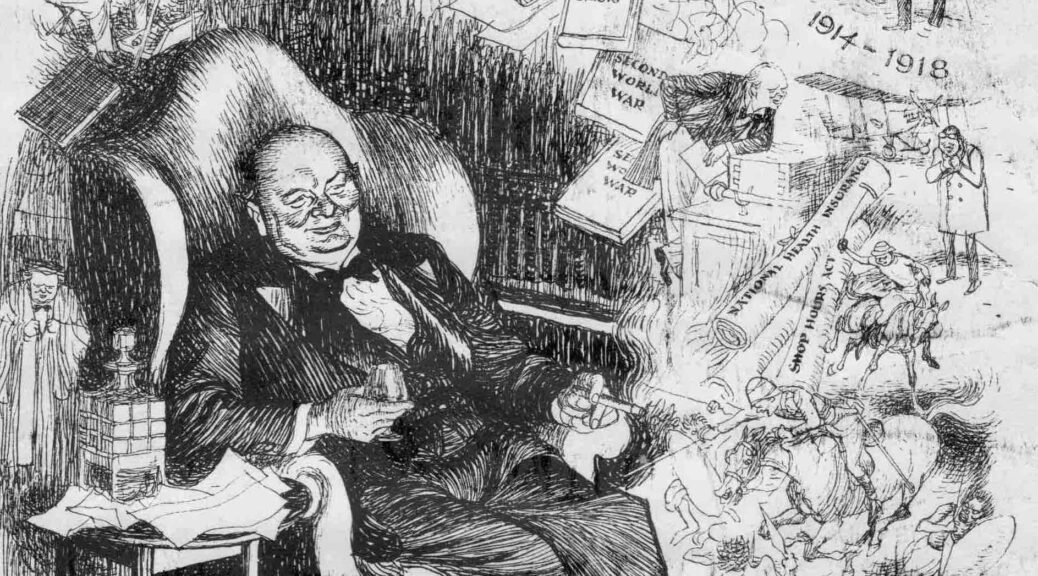


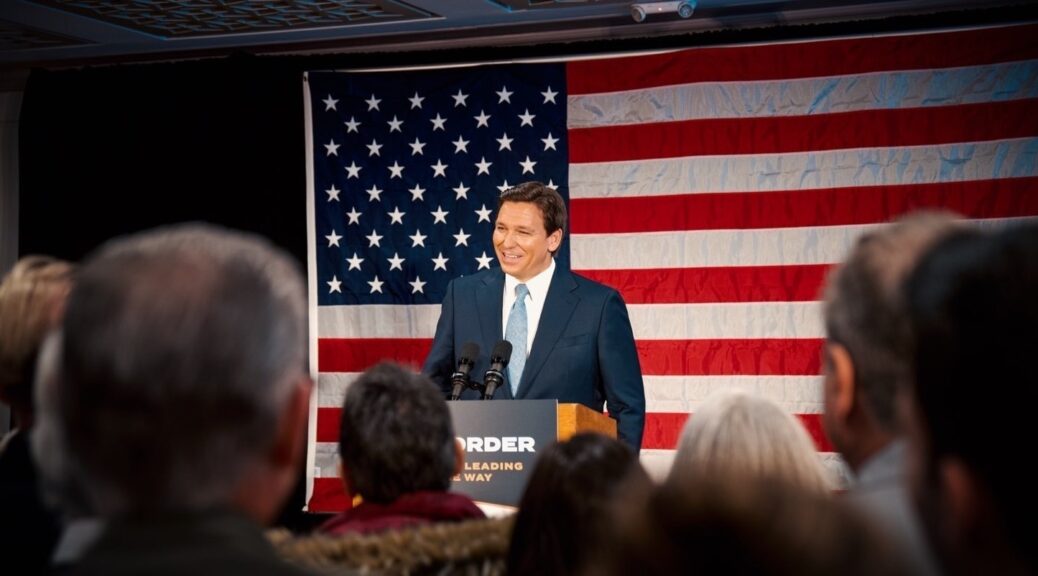
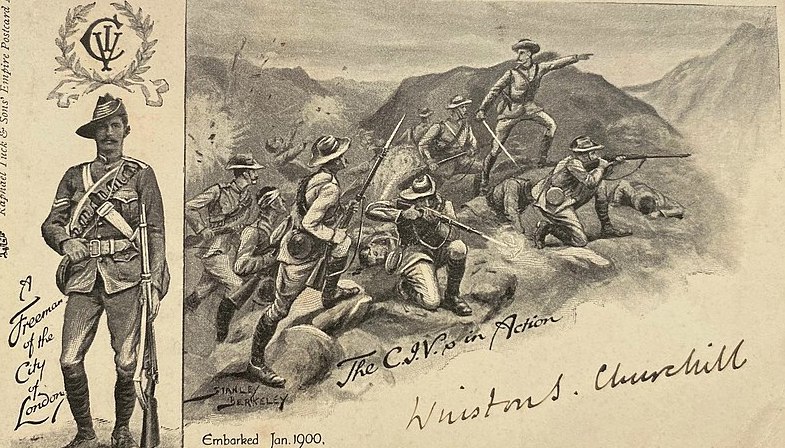
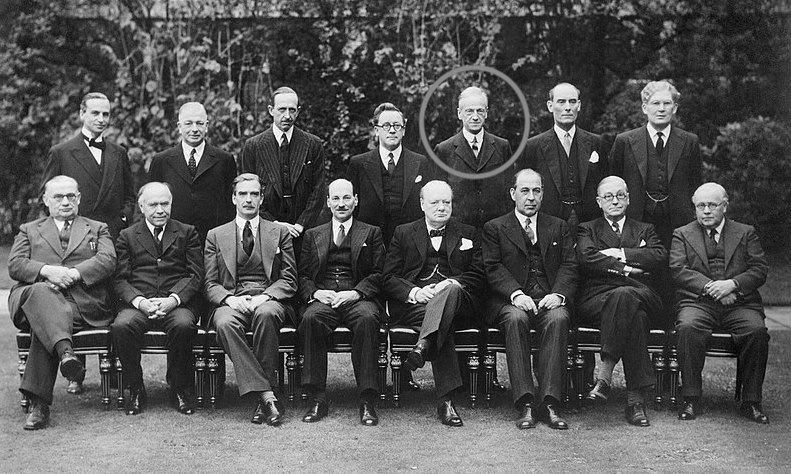
It is frequently asked: What did Churchill say about those who trade honor for peace having in neither in the end?
“War and Shame”There are two quotations. The first was Churchill in a letter to Lloyd George on 13 August 1938, just before the Munich Conference, which led to World War II a year later.
I think we shall have to choose in the next few weeks between war and shame, and I have very little doubt what the decision will be.
Reference is Churchill by Himself, page 256, quoting Martin Gilbert, ed., The Churchill Documents, vol.…
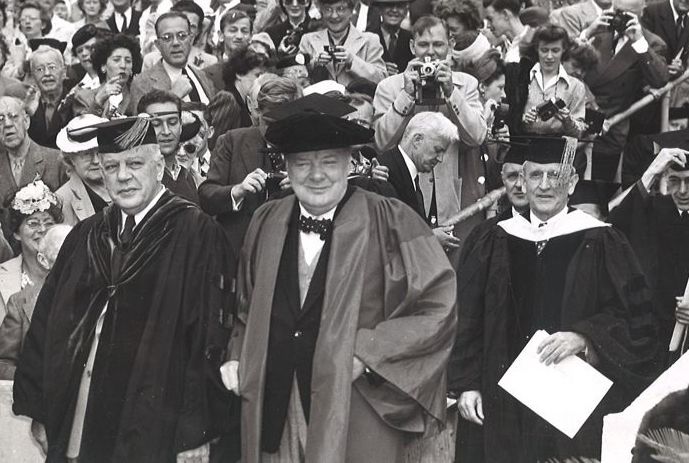
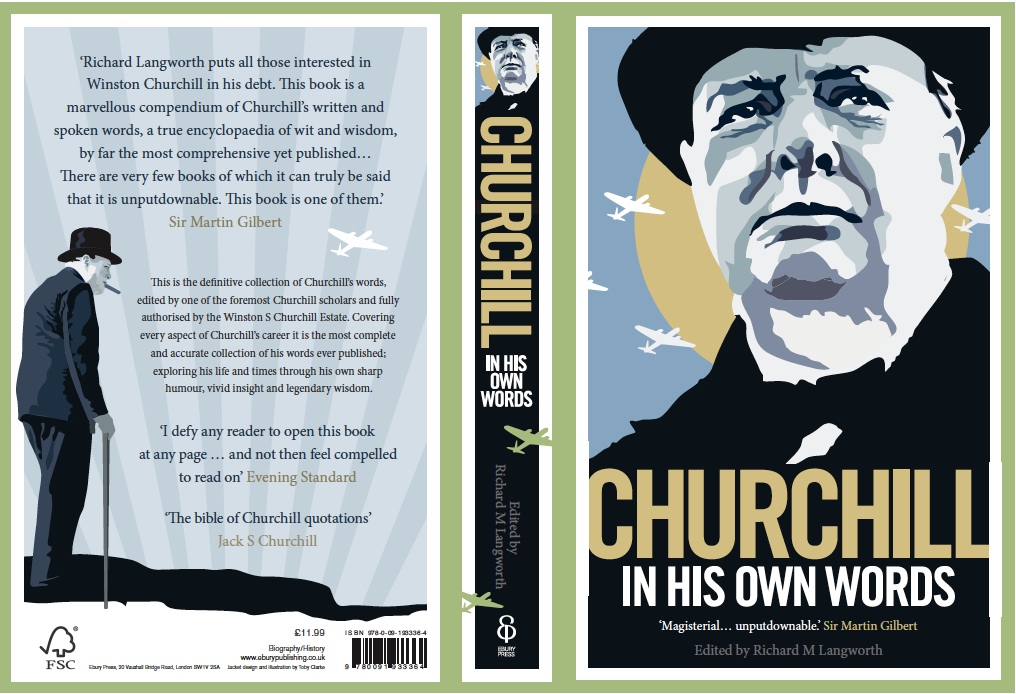
Optimist and Pessimist: Fifteen minutes of fame! David Davis MP, Secretary of State for Brexit, boots one in his recent speech and I’m finally in The Guardian. Probably the first and last time, given my opinions. **
Question: Referring to your posts of quotations Churchill never said, do you know who actually did say “A pessimist sees the difficulty in every opportunity; an optimist sees the opportunity in every difficulty”? I find no attribution other than to Churchill.
Pessimist: Not Churchill’s QuipAnswer: Sorry. I can’t track it; nor can my colleague Ralph Keyes, editor of The Quote Verifier.…
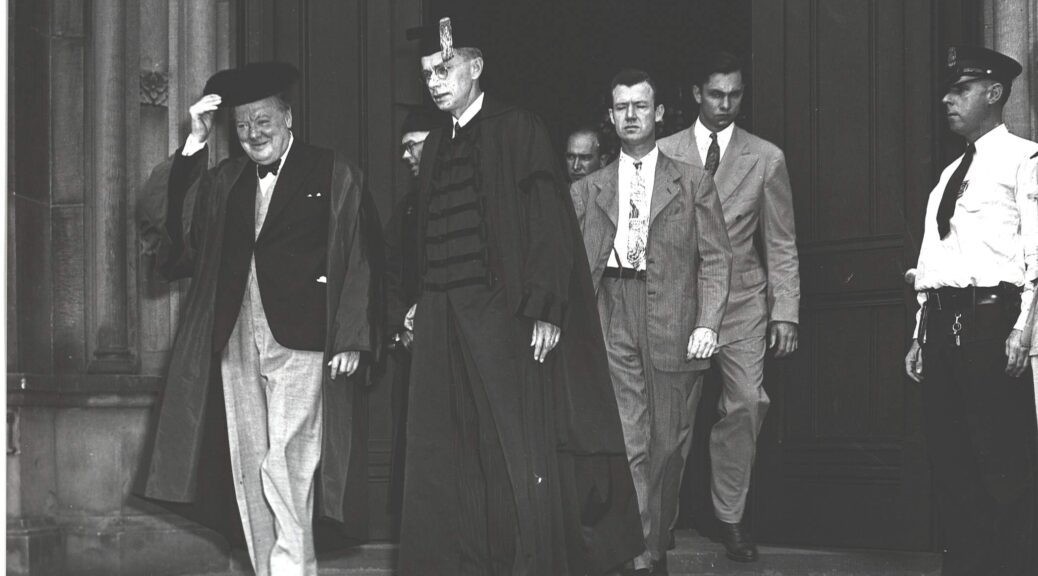
(Or: “Churchillian Drift,” Part 1,398….)
On the eve of the British General Election, Metro UK declares: “Winston Churchill said the best argument against democracy is a five-minute conversation with the average voter.”
This is alas a reappearance of an ever-popular red-herring quote that Churchill never said.
Churchill had thoughtful critiques of democracy. See in particular his essay on “Mass Effects in Modern Life” in his book, Thoughts and Adventures. But he also had more respect for the average voter than this non-quote suggests. In the House of Commons on 31 October 1944 he said:
At the bottom of all the tributes paid to democracy is the little man, walking into the little booth, with a little pencil, making a little cross on a little bit of paper [we still vote that way in New Hampshire]—no amount of rhetoric or voluminous discussion can possibly diminish the overwhelming importance of that point.…